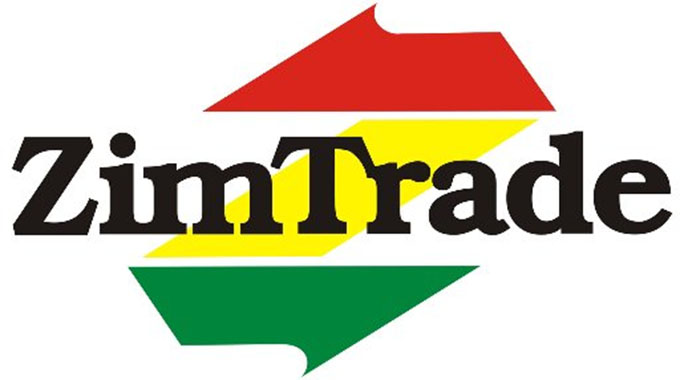RBZ predicts inflation to cool off from October
MONETARY authorities say the country’s annual inflation, currently standing at 257%, will continue increasing up to September this year, before cooling off from October as results of ongoing interventions kick in.
The Reserve Bank of Zimbabwe (RBZ) said on Monday that at its sitting at the end of last month, its monetary policy committee maintained the interest rate at the contentious 200% that had been in force since June.
“With month-on-month inflation having declined from 30,7% in June 2022 to 25,6% in July 2022, the MPC (monetary policy committee) noted that the progressive decline will continue in the outlook period as a result of the tight monetary policy stance being pursued by the bank,” central bank governor John Mangudya said in a statement.
“The MPC further noted that while monthly inflation is expected to continue to decelerate during the outlook period, annual inflation will continue to increase up to September 2022 as a result of the lower base effect in 2021,” he said.
In view of the said developments and outlook, Mangudya indicated that the MPC resolved to maintain the interest rates at current levels.
The RBZ chief said the MPC also noted that the disinflation trend would be reinforced by measures government was taking to deal with factors that destabilise the foreign exchange market, particularly by reviewing the basis and framework for payments to its suppliers of goods and services in its quest to stabilise the foreign exchange market and enhance value for money.
Presenting the 2022 Mid-Term Review and Supplementary Budget in Parliament on Thursday, Finance minister Mthuli Ncube blamed external pressures for the rising inflation.
But Jonathan Munemo, a professor of economics, thinks the fundamental and longstanding drivers of inflationary pressures in Zimbabwe are lax monetary policies and de-anchored inflation expectations, not the war in Ukraine, which has been blamed by authorities.
“The central bank should, therefore, focus more on tackling the underlying drivers of inflation. To restrain monetary growth, it should start by scrapping the Zimbabwe dollar and legalise use of the US dollar as planned,” he said in his opinion piece published in the NewsDay last week.
“This would help as the US dollar provides a superior store of value and would force the government to wean itself off dependence on printing money.”
He said sound and credible central bank communication played a key role in anchoring views that Zimbabwean people have about inflation.
“This is worth noting because Zimbabwe’s central bank has not maintained a strong record of keeping inflation low and stable for more than a decade. Trust in the institution is low,” he said.-newsday












